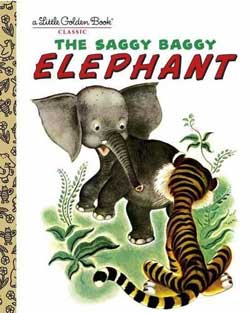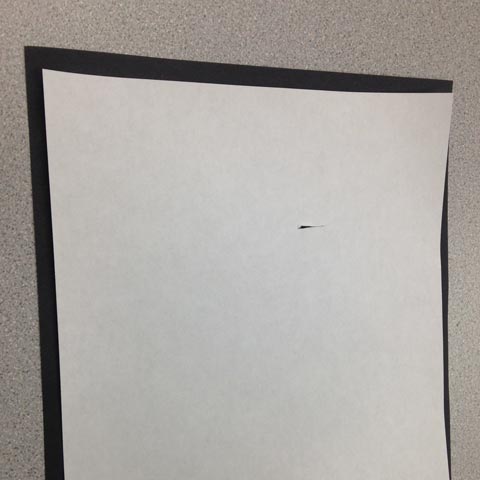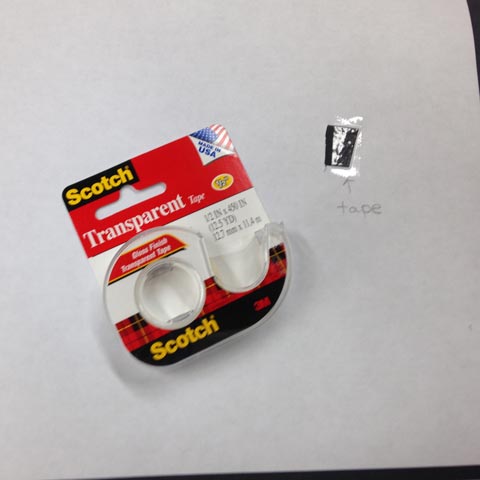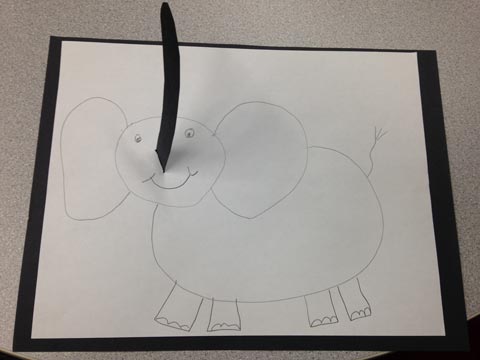Menu
-
- Home
-
About Us
-
The Approach
-
Linking Language & Literacy
-
MindWing Learning
-
Learning Resources
-
SHOP
-
Blog
-
- About MindWing
- Our People
- Contact Us
- Your Account
- Login
-
Spain (EUR €)

A Trip Down Memory Lane: Feelings and Character Description Using a Classic Golden Book
October 20, 2015 2 min read
 The Saggy Baggy Elephant, written by K. and V. Jackson, was first published in 1947 as part of many tales in the Little Golden Book series. I was recently reminded of this story when my neighbor’s grandson brought it to me to share. First published in 1942, Little Golden Books were created as an affordable choice of books that appealed to children. The books originally sold for 25 cents (www.randomhousekids.com/
The Saggy Baggy Elephant, written by K. and V. Jackson, was first published in 1947 as part of many tales in the Little Golden Book series. I was recently reminded of this story when my neighbor’s grandson brought it to me to share. First published in 1942, Little Golden Books were created as an affordable choice of books that appealed to children. The books originally sold for 25 cents (www.randomhousekids.com/
goldenbooks) each. These books are still readily available to children, and, as of 2002, over 2 billion Little Golden Books were in print.
The following is The Saggy Baggy Elephant outlined as a basic complete episode. The story could be broken into two episodes and you may elaborate on this basic outline according to your students. I found it a great way to talk about feelings in kindergarten, making a list of feeling words with the younger students as the story is reviewed. The book is also helpful to use as descriptions of both characters and the jungle setting. There is a parrot that starts the action in the story by being unkind, so there is this component as well. Included in this blog is an art project that kindergarten and first grade students especially enjoyed!
![]() Character: Sooki
Character: Sooki
![]() Setting: Jungle
Setting: Jungle
![]() Initiating Event (Kick-Off): Sooki is dancing and enjoying himself when a parrot asks him, “What kind of animal are you, anyway?” He tells Sooki that his skin is baggy and saggy and that he should call himself Saggy-Baggy.
Initiating Event (Kick-Off): Sooki is dancing and enjoying himself when a parrot asks him, “What kind of animal are you, anyway?” He tells Sooki that his skin is baggy and saggy and that he should call himself Saggy-Baggy.
![]() Internal Response (Feeling): Surprised, Disappointed
Internal Response (Feeling): Surprised, Disappointed
![]() Plan: To try to “improve” himself
Plan: To try to “improve” himself
![]() Attempt: Tries to smooth out his skin and pull up his pant legs. It doesn’t work.
Attempt: Tries to smooth out his skin and pull up his pant legs. It doesn’t work.
![]() Attempt: Asks a tiger: he would nibble a few extra pounds off! Sooki runs from him!
Attempt: Asks a tiger: he would nibble a few extra pounds off! Sooki runs from him!
![]() Attempt: Parrot tells him to soak in the water to shrink his skin. A crocodile comes and Sooki runs away.
Attempt: Parrot tells him to soak in the water to shrink his skin. A crocodile comes and Sooki runs away.
![]() Attempt: Sooki hides in a cave. A hungry lion comes in. (Here is the second kick-off that you may map out as such and expand upon with older students.) Sooki bellows in fear!
Attempt: Sooki hides in a cave. A hungry lion comes in. (Here is the second kick-off that you may map out as such and expand upon with older students.) Sooki bellows in fear!
![]() Direct Consequence: Sooki sees many grown elephants who heard him and come to his rescue! He thinks they are beautiful and finds out he is an elephant… “a perfectly dandy little elephant!” They all dance!
Direct Consequence: Sooki sees many grown elephants who heard him and come to his rescue! He thinks they are beautiful and finds out he is an elephant… “a perfectly dandy little elephant!” They all dance!
![]() Resolution: Proud of himself!
Resolution: Proud of himself!
Elephant Art Project:
Prepare a drawing paper for each child by cutting a small slit in the paper (photo 1) and cutting out (2) and inserting a “trunk” (3) in the shape shown. Tape the back (4) of the trunk to the paper to hold it steady. Fold the trunk to stand, as shown (5).





Next, tell the students ahead of time that everyone’s finished picture will look different! Model the following, one step at a time, as children do the same after viewing each step in sequence using a pencil to draw. Tape your paper on the whiteboard to make it easier to demonstrate each step in the process.

- Hold the trunk out in front of you.
- Draw a circle around it.
- Draw an ear on each side of the circle.
- Add eyes and a mouth.
- Draw an oval shape, touching and under the head.
- Add 4 square legs.
- Add a tail.
- Color and add a setting for your elephant!
The completed project.

Leave a comment.
Comments will be approved before showing up.
